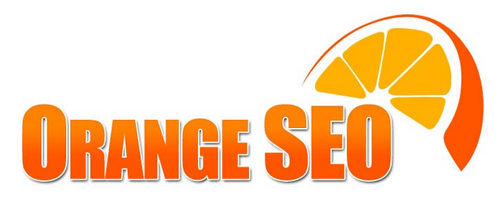Every year the search engines update once or twice and change the entire algorithm on how websites will be ranked. For people in the digital marketing industry this makes our job extremely hard and also increases search engines revenue because people end up relying on adwords because the search engines are to unpredictable.
This year Moz surveyed over 150 leading search marketers who provided their expert opinions over 90 ranking factors for search engines. We shorten the list to the 9 top ranking factors and what they mean.
Along with providing important ranking factors for 2015 they also ran an extensive correlation study to see which features of the websites and webpages are associated with higher search rankings.
General Search Ranking Factors from most influential to least:
Domain Level Link Features- Based on Link/Citation metrics such as quantity of links, trust, and domain-level PageRank.
Page Level Link Features- PageRank, trust metrics, quantity of linking root domains, links, anchor test distribution, and quality/spamminess of linking sources.
Page Level Keyword and Content Based Features- Content relevance scoring, on page optimization of keyword usage, topic modeling algorithm scores on content, and content quantity/quality/ relevance.
Page Level Keyword Agnostic Features- Content length, readability, open graph markup, uniqueness, load speed, structured data markup, and HTTPS.
Engagement and Traffic/Query Data- Data SERP engagement metrics, clickstream data, visitor traffic/usage signals, quantity/diversity/CTR of queries, both on the domain and page level.
Domain Level Brand Metrics- Offline usage of brand/domain name, mentions of brand/domain in news/media/press, toolbar/browser data of site usage, entity association.
Domain Level Keyword Usage- Exact match keyword domain, partial-keyword matches.
Domain Level Keyword Agnostic Features- Domain name length, TLD extension, SSL certificate.
Page Level Social Metrics- Quantity/quality of tweeted links, Facebook shares, Google +1 on the page.



